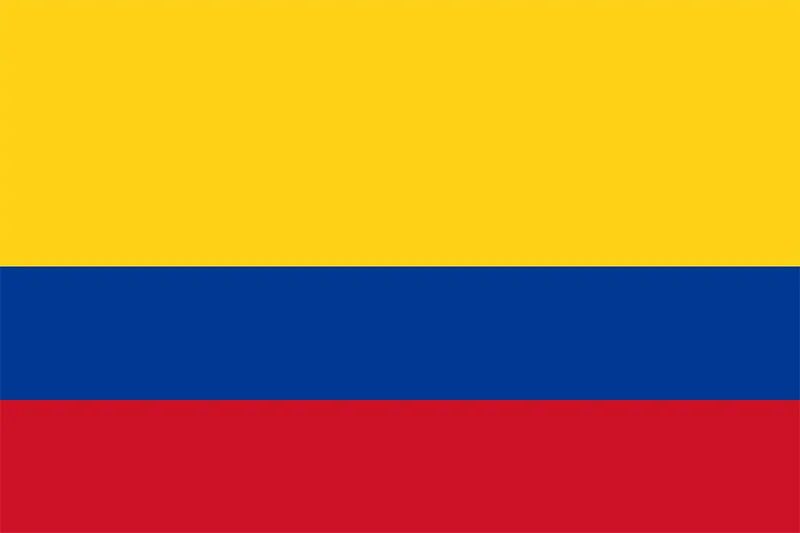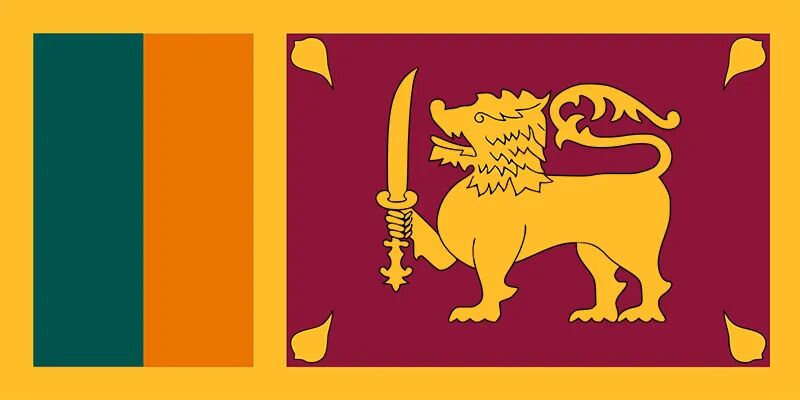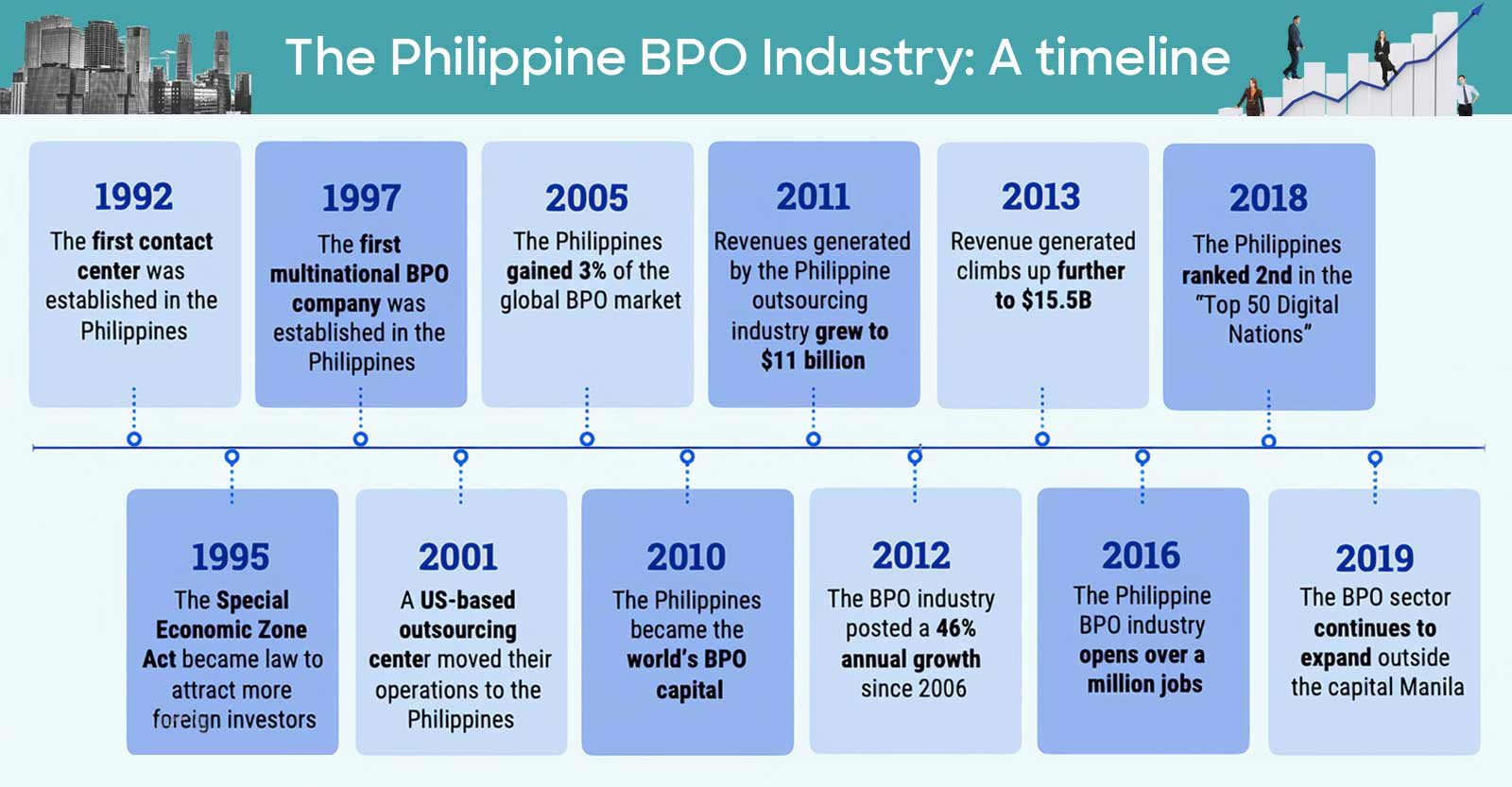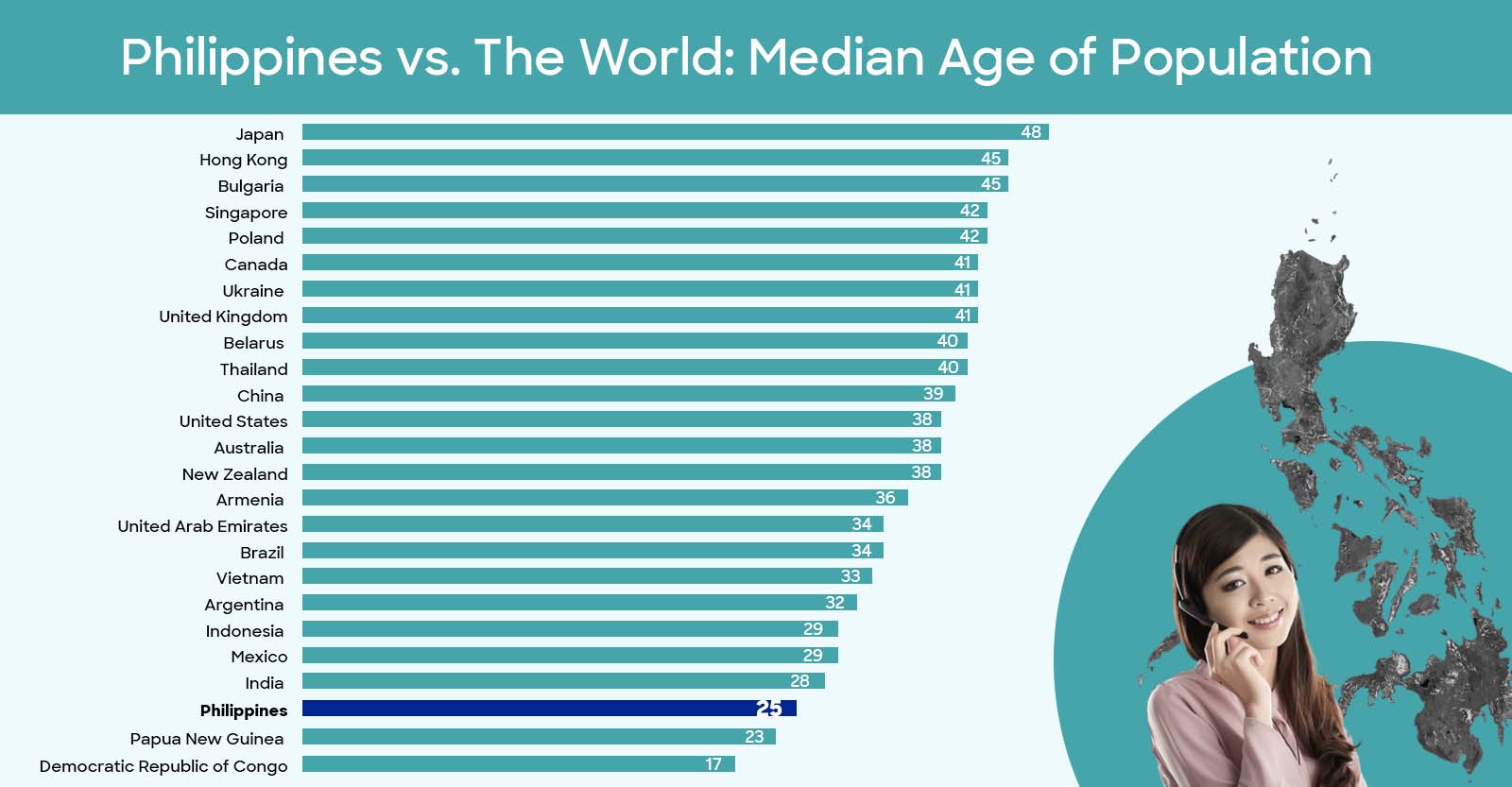The Philippine BPO Empire: Inside the Call Center Capital of the World
With 1.2 million people working in 800 outsourcing companies to serve clients from all over the globe, the Philippines has built a Business Process Outsourcing (BPO) empire that only keeps on growing. But like Rome or any other empire, the “call center capital of the world,” as it has been fondly called, was not built overnight. You’d be surprised how it all started and how it continues to thrive today.
A Brief History of the Philippine BPO Industry
It was 1992, long before the meteoric rise of the internet and digital innovations, a technology company from the United States started to develop its global resource center in Manila, after seeing potential in the Philippines’ English-speaking service-oriented market.
The Philippine government saw the potential of a budding industry as well, passing a landmark law on Special Economic Zones in 1995. It paved way for the creation of the Philippine Economic Zone Authority (PEZA) to assist foreign investors in their business operations in the country.
Not too long after PEZA was established, many international BPOs started to establish operations in Manila’s central business districts. In 2001 and 2003, a US-based BPO company and a multinational company opened their offices in the Philippines, and little by little more companies followed suit.
Backed by the government, the BPO industry was able to adopt technological innovations and was able to deliver results. In return, the industry has become a major economic pillar of the Philippines, with officials calling it “one of the economy’s two primary legs.”
A study in 2019 showed that the BPO industry contributed 7.3% to the country’s GDP growth. Despite the pandemic, the industry has managed to grow, seeing revenues climb 1.4%, generating a total revenue of $26.7 billion in 2020, which is mind-blowing given the turbulent situation of work that year.
Today, many of the top BPO firms around the world operate in Manila. BPO operations have also expanded from the country’s capital to emerging cities in the regions, such as Cebu City, Clark Freeport Zone, Iloilo City, Naga City, Cagayan de Oro, and Davao City.
This means the country continues to expand its capacity to be able to deliver high-demand roles, such as inbound-outbound sales agents or technical support specialists, to as many clients as possible, even during the pandemic.
Since 2018, the Philippines has been holding the top position in the list of the biggest contact center market in the world, taking 16 to 18 percent of the total outsourced services globally, according to data from global consulting and research firm The Everest Group.
Why the Philippines?
Many companies would say that the low cost of labor is the primary reason why they outsource to the Philippines, but that’s just half the picture. After all, countries like India offer services at a much lower cost. The truth is the real gem of the Philippine BPO industry is the Filipino labor force.
For one, compared to many western countries, the Philippines has a young population oozing with productivity. The median age of the Philippine population is 25, which is about 5 years lower than the global average of 30.
The Philippine population’s median age is also a sweet spot when it comes to labor – a combination of youth and experience. At 25, you can expect a person to have enough experience in his or her field, but still full of potential – not too young to be effective, yet not too old to absorb new learning.
The education system of the Philippines, which follows the United States model, also allows Filipinos to easily adapt to the global standards of work. In fact, education institutions have programs that prepare students for the industry. Some even have partnerships with BPO companies.
What sets the Philippines apart from other outsourcing destinations in the Filipinos’ communication skills and cultural adaptability – a couple of traits that are very important in customer service representatives working in call centers with a global audience.
Filipinos write and speak fluent English with a neutral accent. This is because English is one of the country’s two national languages. The education system also places a high value on learning English, making almost every graduate ready to work with global clients.
The Philippines also has a diverse cultural heritage, with deep Malay, Chinese, Hindu, Arab, and Polynesian roots before the Spanish, American, and Japanese people came. Add that to the existing native cultural diversity and you get a people that is used to adapting to different cultures.
Aside from its talent pool, the Philippines also has one of the most stable and durable economies in Southeast Asia, which has allowed more business districts to emerge in different parts of the country to accommodate more BPO companies.
Moreover, the government continues to support the BPO industry, giving tax perks and crafting new policies to help the industry thrive. In 2018, the government even passed the “Ease of Doing Business” law to remove bureaucratic red tape in putting up a business in the country.
In a bid to accelerate innovations in the Philippines, the government has also recently passed a law that allows full foreign ownership of public services, such as telecommunications, transportation, and domestic shipping.
READ MORE: 3 Things to Consider Before Outsourcing to a Call Centre in the Philippines
The Philippine BPO industry: Shifting to a higher gear
Even with the rapidly changing landscape, the Philippine BPO industry is showing no signs of slowing down. Industry numbers show that the Philippines BPO industry is still on track to reach earlier targets to capture 15% of the global share of the IT-BPM market this year.
The Philippine BPO industry also looks poised to shift into a higher gear as the demand for non-voice services has started to increase as the country’s talent pool continues to diversify to serve other industries, such as healthcare, software, graphic design, animation, and gaming.
The continuing diversification of talent in the Philippines shows its readiness in adapting to new high-value roles in the digital age, especially with the rise of robotic process automation, artificial intelligence, and cloud computing.
In fact, the demand for outsourced IT services has been steadily increasing even during the pandemic, with some even outsourcing whole IT infrastructures for their business after seeing the quality of talent and technology the Philippines is able to deliver.
How the BPO industry was able to quickly adapt to new work models and thrive during the pandemic also shows how adept the Philippine business landscape is when it comes to building and implementing technology-based business continuity plans.
Perhaps the biggest challenge for the Philippine BPO industry today is the slowly rising salaries in the country and the emergence of cheaper markets in Asia. But the faster rise of quality in terms of talent and technology more than makes up for the rise in cost.
Overall, when you combine cost with quality and depth of talent, cultural alignment, economic stability, technological security, and service flexibility, you will see that the Philippines offers the most cost-efficient BPO market in the world.
If you want to learn more about the Philippine outsourcing landscape, we have prepared this in-depth guide to help you come up with a wise business decision.














